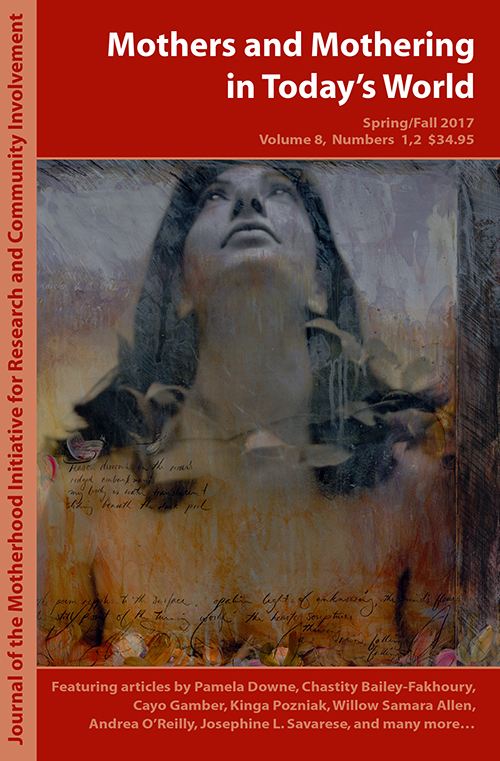Learning Through Collective Testimony: African American Motherwork, Womanism, and Praxis
Abstract
Focus groups serve as a form of collective testimony empowering women, in this case black mothers, to share their lived experiences and connect with one another. This article discusses how collective testimony revealed black mothers’ gendered racial socialization work—or African American motherwork—done on the behalf of their young daughters attending predominantly white schools in suburban Detroit, Michigan. I use womanism as a guiding framework to reflect upon my own positionality and the significance of understanding, explicating, and employing these strategies. As an expression of black women’s consciousness, womanism advocates for the empowerment of black women and thus requires me to share, as demonstrable praxis, my own personal testimony of the gendered racial socialization of my daughters.Downloads
How to Cite
Issue
Section
License
All intellectual property in relation to material included on this site belongs to the Motherhood Initiative for Research and Community Involvement (MIRCI). All material on this site is protected by Canadian and international copyright and other intellectual property laws. Users may not do anything which interferes with or breaches those laws or the intellectual property rights in the material. All materials on the Motherhood Initiative for Research and Community Involvement (MIRCI) are copyrighted and all rights are reserved. Any reproduction, modification, publication, transmission, transfer, sale, distribution, display or exploitation of the information, in any form or by any means, or its storage in a retrieval system, whether in whole or in part, without the express written permission of the Motherhood Initiative for Research and Community Involvement (MIRCI) is prohibited. Please contact us for permission to reproduce any of our materials. This site may include third party content which is subject to that third party's terms and conditions of use.


